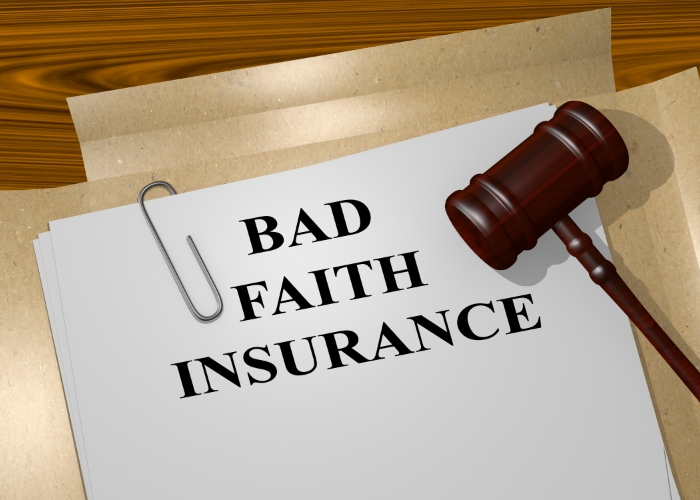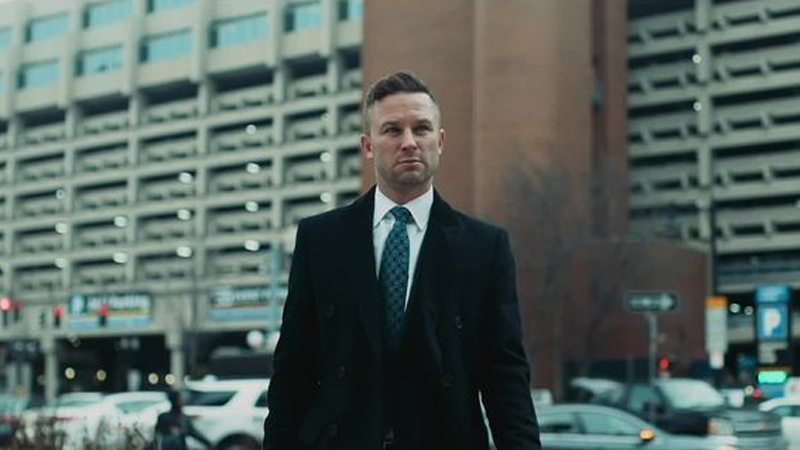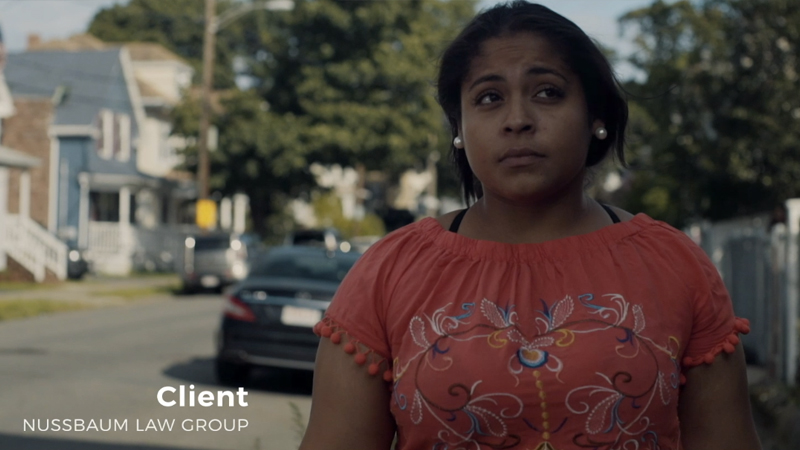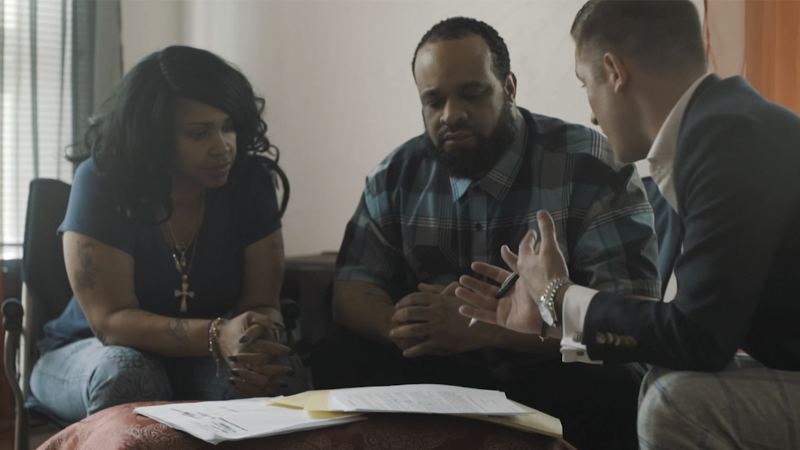
One of the most commonly litigated insurance coverage issues is the failure to settle claims. This can arise when the insurance company has the opportunity to settle the claim against the insured and fails to do so. By failing to settle in this situation, the insurance company fails to protect the insured from a judgment that may exceed the insurance policy limits. If this failure is in bad faith, the insured can sue the insurance company for breach of contract and bad faith.
Insurance Coverage Disputes
Wrongful denial by an insurance company can take many forms. Often the insurance company attempts to deny the claims and asserts that the policy under which the claim was made was canceled. In this type of situation, the burden is on the insurance company to prove that the law regarding notice of cancellation has been strictly complied with. Other times insurance adjusters unreasonably delay the process and drag the timeline out. Many times this tactic is used in order to place the insured into a time crunch, as the time deadline to sue may be fast approaching and the insured is not aware of this.


Insurance coverage disputes often involve the following types of insurance policies:
- Homeowner’s Insurance
- Car Insurance
- Health Insurance
- Home Fire Insurance
- Professional Malpractice Insurance, such as Errors and
- Omissions Policies
- Malpractice Insurance
- Commercial General Liability Policies
- Corporate Officers and Directors Policies
Insurance Coverage Disputes
Insurance companies have a duty of good faith and fair dealing (also known as an implied covenant of good faith and fair dealing). They must also take all reasonable steps to properly evaluate the claims and make a settlement payment when they can.
For instance, if it is in the insured’s best interest to settle a claim within policy limits, the insurance company has a duty to accept a demand for settlement. Failure to do so often subjects the insurance company to a claim of bad faith failure to settle. If the insured is successful in bringing this claim, then the insurance company must pay the full amount of any judgment received by the injured party against the insured.
The reasoning behind this law is that the claim would not have gone forward had the insurance company acted in good faith and settled the claim when it had a chance to do so within the policy limits. In a case like this, the policyholder may sue the insurance company for the “bad faith” tort and for breach of contract. This type of action allows the insured to recover against the insurance company for an amount larger than the policy limits.

Best Insurance Dispute Lawyer
Operating in numerous states, we have the qualifications and expertise to help you get the compensation you deserve for your insurance dispute settlement. We have successfully represented victims in all types of cases and are here to offer free legal advice so you can get the maximum compensation you deserve.
If you suspect that your insurance company has denied you coverage in bad faith, or is unreasonably delaying your claim, call Altman-Nussbaum- Shunnarah Trial Attorneys today at 1-800-229-7989. Our personal injury law firm offers free consultations with our insurance dispute lawyers to understand the parameters of your case and provide you with top-tier service.











